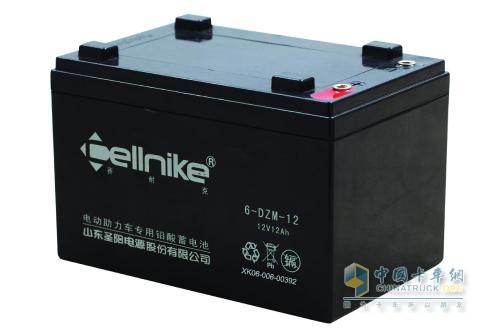With the increasing demand for large battery markets such as automobiles, the next generation of high-energy battery technologies designed to replace lithium-ion batteries are emerging. In Germany, a new evaluation project has been set up. It plans to use a three-year period to realistically and scientifically assess the competitiveness of next-generation battery technologies from the aspects of battery energy density, cost, and resource availability. According to a press release issued by the University of Muenster, Germany, the evaluation project supported by the German Federal Ministry of Education and Research, which is funded by approximately 3 million Euros, will be coordinated by the Battery Research Center of the University of Münster under the supervision of the German Helmholtz Association. Researchers from many research institutes and universities, such as the Lich Research Center, participated. The project will focus on the development prospects of lithium-air batteries, lithium-sulfur batteries, sodium-based batteries, and all-solid-state batteries. Experts at the University of Münster say that these next-generation batteries, known as the stars of tomorrow, are theoretically much more energy-intensive than the most common lithium-ion batteries currently, but these batteries are still in the basic research phase and are facing Large size, high self-discharge rate, short life and other challenges. German researchers will compare these so-called post-lithium battery technologies with the most advanced and improved lithium-ion batteries from theoretical and experimental perspectives to scientifically answer whether current lithium battery technologies used in automobiles, etc. will soon be replaced and After the lithium battery technology in the end how much competitiveness and other issues. Water Glycol Hydraulic Motor,Hydraulic Pumps And Motors,White Hydraulic Motors,Dynamic Hydraulic Motors Ningbo delambo hydraulic power Co.,LTD , https://www.sun-seiko-hyd.com
Germany plans to use a three-year realistic and scientific assessment of the competitiveness of next-generation battery technology
Germany plans to evaluate the prospects of power battery technology
